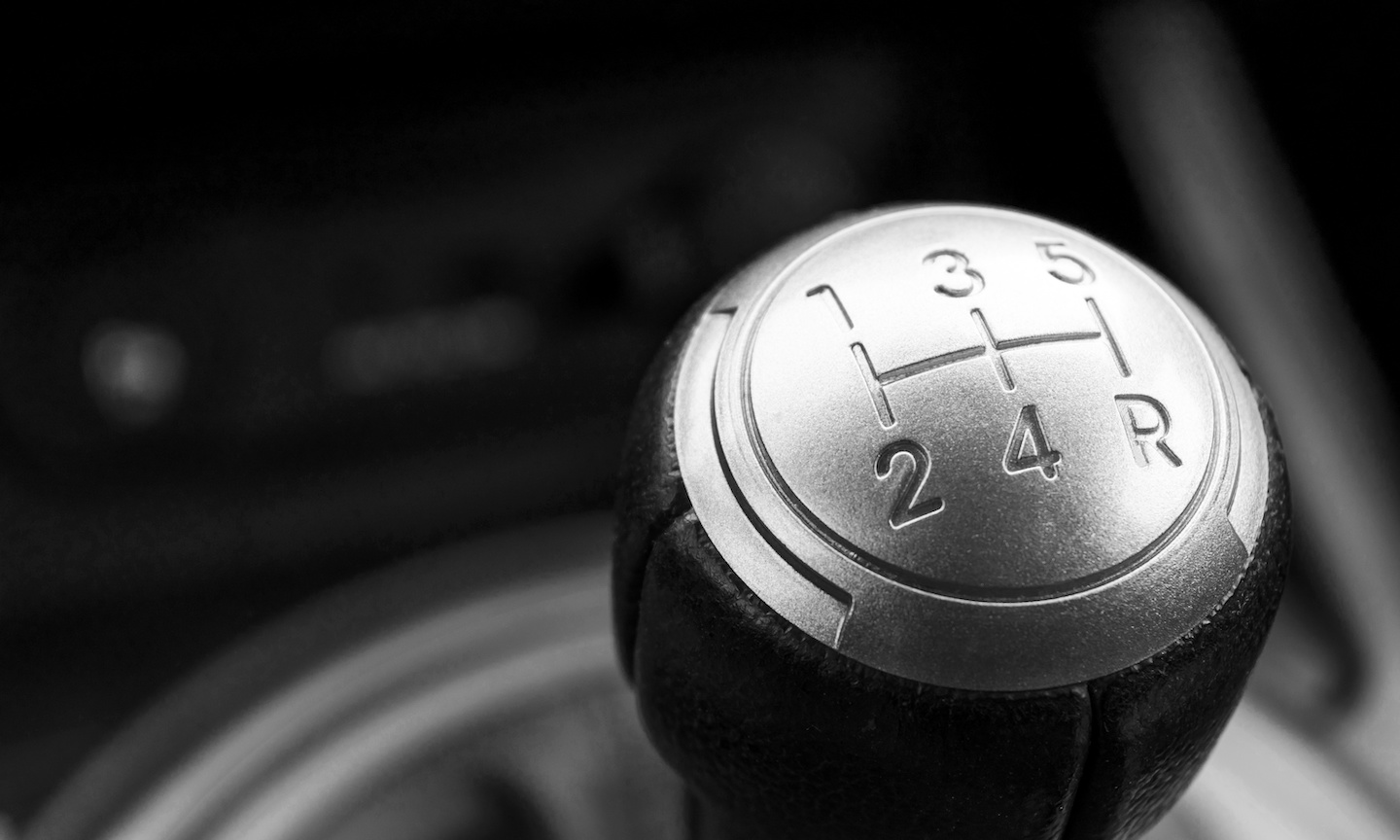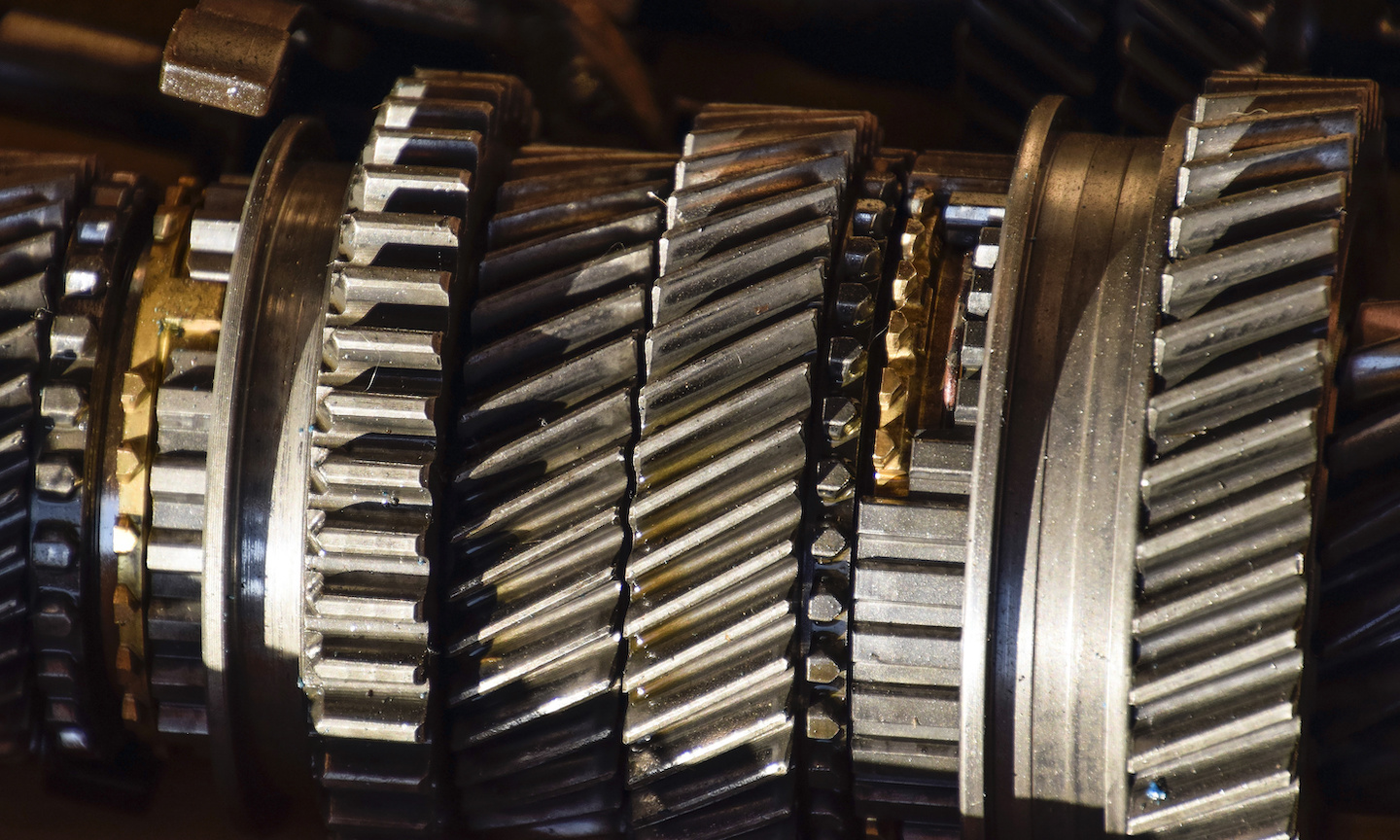Important Maintenance for Manual Cars

Are you one of the few remaining drivers that still pilots a car with a traditional manual transmission? Since the introduction of sequential gearboxes and intelligent automatic transmissions, manual cars have been on the decline. According to U.S. News and World Report, only 18% of Americans even know how to drive a manual car. Only about 5% of new cars are available with a true manual transmission. If you’re still practicing the lost art of driving a manual car, there are a few important maintenance steps you should take to protect your transmission.
Clutch Master & Slave Cylinder
If your car has a hydraulic clutch system (most modern cars feature this type of system), then you should regularly inspect your clutch master cylinder (located in your engine bay) and your clutch slave cylinder. Your clutch master cylinder connects to the clutch pedal via a pushrod. If the clutch master cylinder shows any signs of leaking, it’s best to replace it. The clutch slave cylinder is located on the transmission. When you engage the pedal, the clutch master cylinder pushes fluid to the clutch slave cylinder, which then presses on the clutch fork. If the clutch slave cylinder has a torn boot or shows any signs of leaking, you should replace it. Failure to replace these parts could result in your clutch pedal not functioning correctly, which can leave you stranded.
Clutch Fluid Flush
The fluid that runs through a hydraulic clutch system is important. Over time, it can pick up debris and become dirty. Dirty fluid can cause premature failure of your clutch master and slave cylinders. It’s best to have this fluid flushed regularly, to prevent untimely repairs later.

Clutch Cable
If your vehicle doesn’t have a hydraulic clutch system, it has a cable clutch system. This system uses a steel cable attached to your clutch pedal to engage and disengage the clutch. While this system cannot leak, the cable can become stretched out over time, and fail to disengage the clutch. It could also break and leave you stranded. Inspect your clutch cable often and replace it if you notice any signs of failure.
Clutch, Pressure Plate, and Flywheel Replacement
This is a big one. Your clutch, pressure plate and flywheel are three of the most important components of a manual transmission. They must work together smoothly and engage properly so that power can be transferred from the engine to the transmission, and then to the wheels. If your clutch begins to slip, your engine will rev higher than normal unexpectedly. Eventually, the clutch and flywheel won’t be able to grip onto one another, and your transmission won’t be able to send power to your vehicle’s wheels. If you start to feel your clutch slipping, it’s best to have it inspected by a technician.
Transmission Fluid Change
This service isn’t exclusive to manual transmissions, but it’s still important. Having your transmission fluid changed at regular intervals will keep the gears inside the transmission protected and clean. If you don’t regularly have your transmission fluid flushed, it can cause excessive wear on the internal components and require you to replace your transmission sooner. Prolong the life of your car’s transmission and make sure you follow the manufacturer’s recommendations for transmission flushing.
If you’re still enjoying the unique experience of driving a manual car, you’re one of the few. Let the talented technicians here at Apple Tree Acura help you keep your transmission functioning well. Schedule your next transmission flush online or stop by and see us at 193 Underwood Road, Fletcher, NC 28732.
